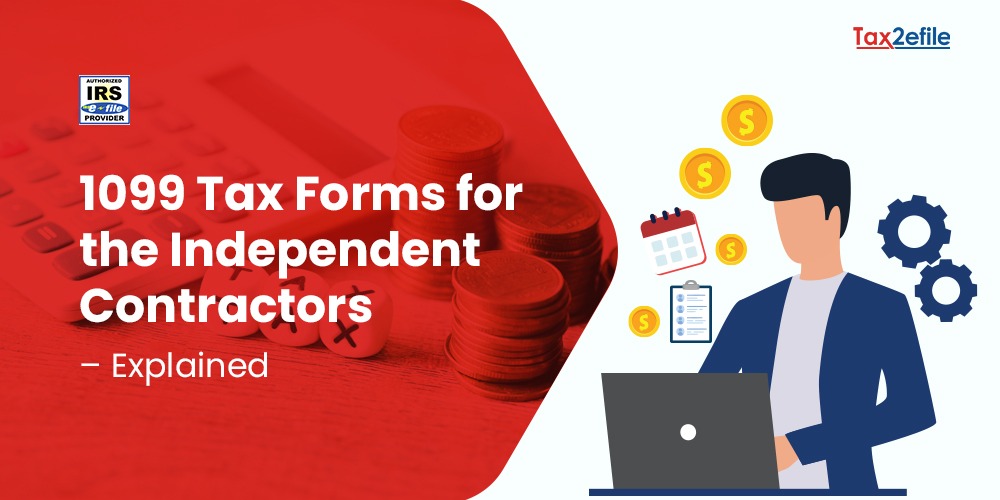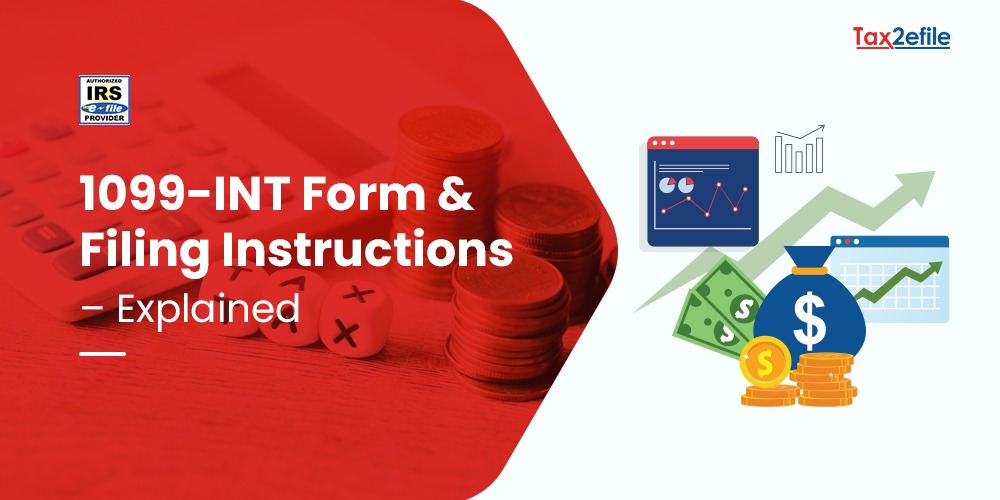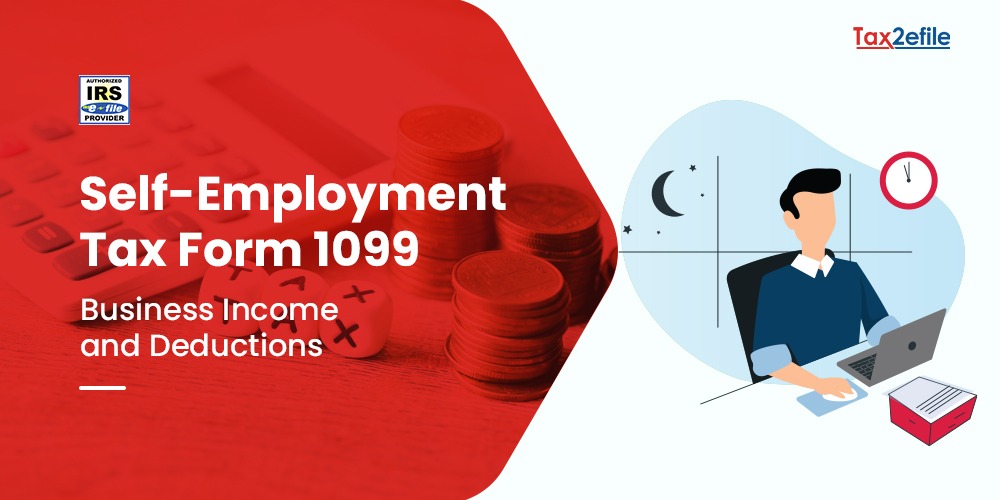- June 22, 2016

Form 1099 can be taken as a vague IRS term. This is because there are different varieties of IRS 1099 forms. All the different forms have different purposes based on varied activities. Therefore, there are different filing requirements when it comes to IRS Form 1099. Any tax-exempted organization that is required to file the IRS 1099 form needs to consider different factors in this procedure. The type of form that the organization is required to file is mainly dictated by the income type that the organization earns during a particular tax period.
Table of Contents
Different Types of 1099 Forms
It is necessary for a particular organization to determine the type of form 1099 that it is required to complete prior to understanding the requirements, the annual submission, and the proper cancellation of the 1099 information form. A brief illustration of the different varieties of Forms 1099 within the income type and series associated with each form has been provided below:
· 1099 B – Proceeds from Barter Exchange and Broker Transactions
· 1099 A – Abandonment or Acquisition of Secured Property
· 1099 CAP – Changes in Capital Structure and Corporate Control
· 1099 C – Debt Cancellation
· 1099 H – HCTC or Health Coverage Tax Credit Advance Payments
· 1099 DIV – Dividends and Distributions
· 1099 K – Third-Party Network and Merchant Card Payments
· 1099 MISC- Miscellaneous Income
· 1099 G – Government Payments
· 1099 LTC – Accelerated Death and Long-Term Care Benefits
· 1099 PATR – Taxable Distributions From Cooperatives
· 1099 SA – Distributions coming from Medicare Advantage MSA, HAS, or Archer MSA
· 1099 OID – Original Issue Discount
· 1099 S – Proceeds from Real Estate Transactions
· 1099 R – Distributions from Annuities, Pensions, IRAs, Retirement or Profit-Sharing Plans and Insurance Contracts.
· 1099 Q – Payments from Qualified Education Programs (Under Sections 529 and 530)
Non-Profit Tips to Keep in Mind When Issuing Form 1099 MISC
There are different varieties of form 1099 in IRS series but here we will have a special focus on form 1099-MISC. this is because Form 1099-MISC is one of the most commonly used IRS forms when it comes to providing different services to non-profits. Apart from this, it is also important to note that Form 1099-MISC is specifically for tax-exempt and miscellaneous income organizations who fail to completely understand the use of this form and other IRS submission requirements. Various non-profit organizations make use of the services coming from different vendors. They do this an annual basis like the services of independent contractors and consultants who do not work in the form of incorporated entities. In this case, it is important for non-profit organizations to provide the individuals with form 1099-MISC at the completion of one year.


